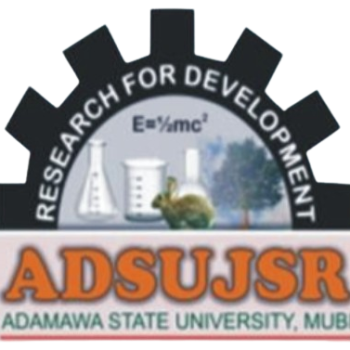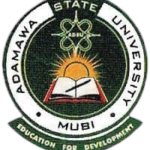Abstract
The study evaluates the Basic Science Curriculum at Basic Education within the North East, Nigeria. It posed
two research questions and two hypotheses. The research used a descriptive survey research design, targeting a
population of 146 Junior Secondary Schools, 105 teachers, and 10,157 students, with a sample size of 286
teachers and students. Data was collected by the use of a questionnaire for teachers and students titled “Basic
Science Curriculum for Junior Secondary School (BSCJSS)”. The instrument was validated by experts and pilot
tested on a group of students and teachers. Reliability analysis showed a value of 0.87. Data analysis tool were
mean, standard deviation, t-test and one-way ANOVA statistics. Findings indicated a significant achievement of
basic science curriculum objectives at upper Basic Education Level (junior secondary schools) in the North
East, Nigeria, yet it revealed deficiencies in some instructional materials which may likely impact students’
interest. Hypotheses testing showed no significant differences in mean scores of students’ performance.
Recommendations made included providing adequate instructional materials, employment of qualified teachers,
workshops and conferences for teachers on the implementation of effective teaching strategies to enhance
students’ performance toward achieving designed objectives.

